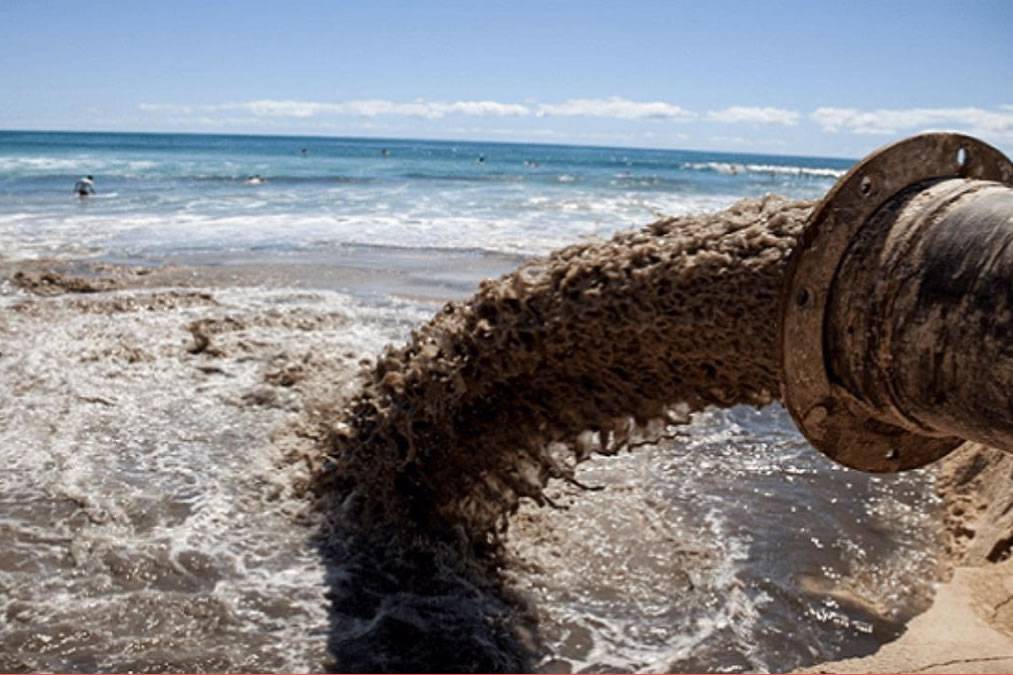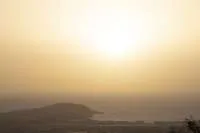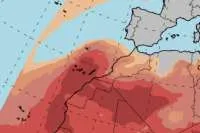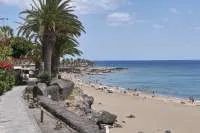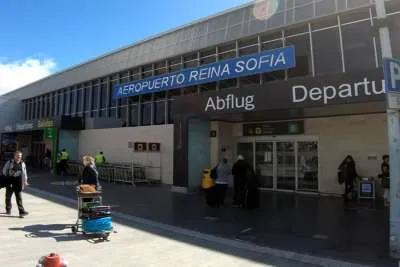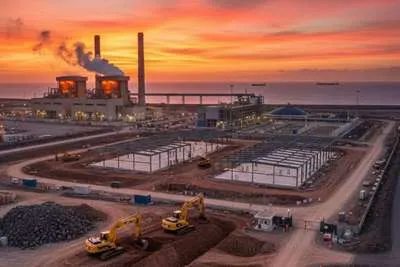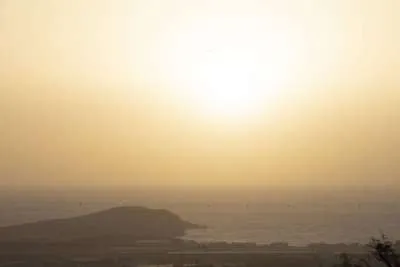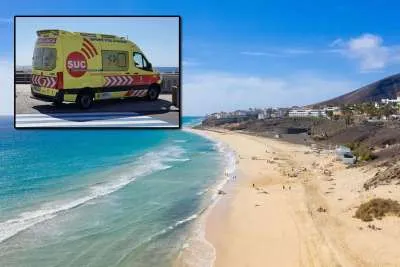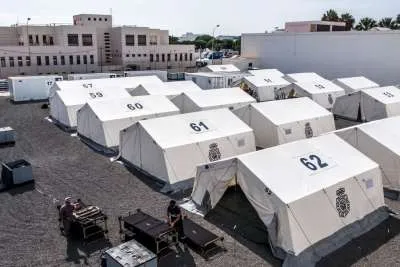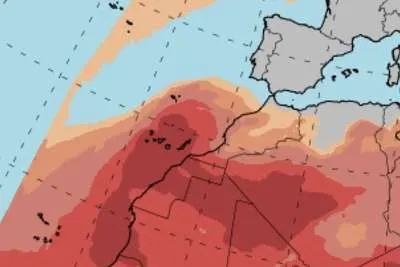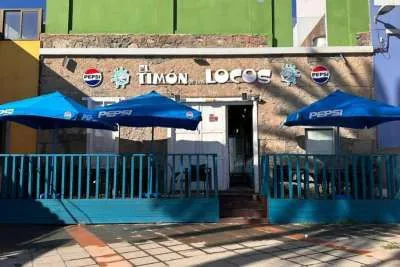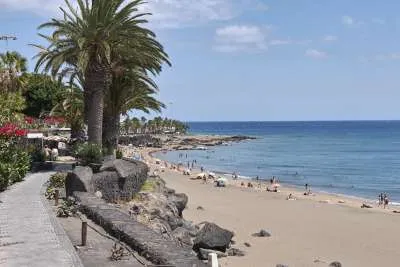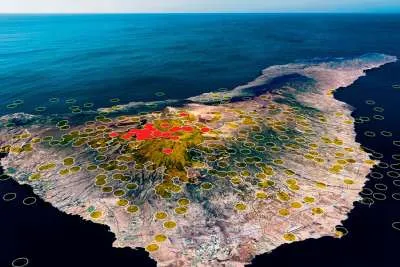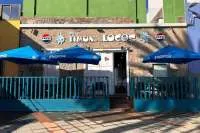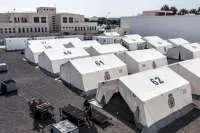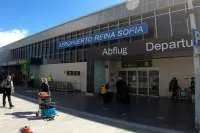Sewage Pollution: An ongoing problem in the Canary Islands
- 14-07-2024
- National
- Canarian Weekly
- Photo Credit: Grafcan
As summer returns, so does one of the most pressing issues for the Canary Islands: sewage pollution. Illegal discharges are causing beach closures across the archipelago, forcing authorities to act to protect swimmers from potential viral and bacterial contamination.
This recurring issue is well-documented, with detailed information available on Grafcan, a regional government website, showcasing the numerous hotspots where underwater outlets compromise water quality. Here is a map of the discharge points in the Canary Islands:
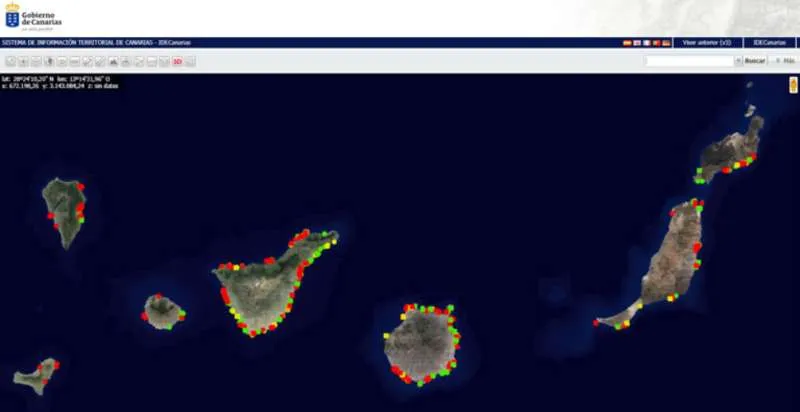
The islands' coastlines are dotted with these problematic land-to-sea sewage discharge points, 394 in total (116 with permission and 278 illegal ones), jeopardising the quality of the waters surrounding us.
Travelling along the GC-1 motorway in Gran Canaria towards the south, you encounter several polluted points, including the Gando airbase, La Garita (Telde), Castillo del Romeral, and parts of Maspalomas in San Bartolomé de Tirajana. Northern regions are not exempt either, with locations like Faro de Sardina (Gáldar), Puerto de las Nieves (Agaete), and La Aldea de San Nicolás affected. It is almost impossible to find a coastal municipality free from this issue.
Tenerife faces similar challenges, with several beaches having to close temporarily. A notable instance occurred at Las Teresitas, which saw a closure in early July due to significant contamination levels. After thorough testing confirmed the water was safe, the beach reopened, allowing residents and tourists to enjoy the summer. Other affected areas include El Médano in Granadilla de Abona and Adeje, with Playa Jardín in Puerto de La Cruz also recently reported as contaminated.
The other islands are not spared either. In Lanzarote, Playa Blanca in Yaiza frequently reports high levels of faecal bacteria. Fuerteventura has issues near the desalination plant at Puertito de la Cruz (Pájara) and the underwater discharge point at Gran Tarajal.
Marine biologist and educator Pablo Martín humorously highlighted the issue in an Instagram video, ironically noting that the Canary Islands are "leaders in marine pollution." He criticised the sewage pipes that discharge waste directly into the sea, calling them "a prime example of modern development in the 21st century."
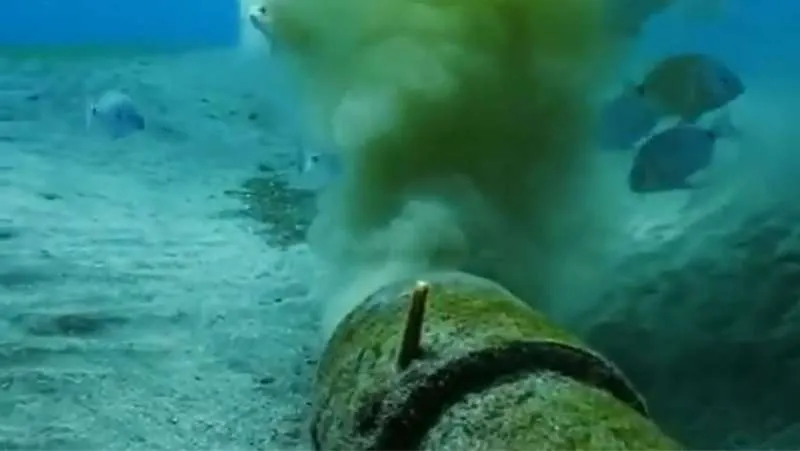
Martín explained that beach closures due to bacterial contamination are more frequent in summer as higher temperatures and calmer waters exacerbate the problem. He mentioned that the European Union has repeatedly reprimanded Spain for this issue, imposing hefty fines in 2019, with the Canary Islands being significant contributors to the problem.
"The issue has always existed, but it seems our politicians enjoy living on the edge, allowing sewage to flow unchecked. This is a public health issue, creating a breeding ground for bacteria and viruses that endanger both human and marine life. Have you ever experienced gastroenteritis after a day at the beach?" Martín asked, highlighting the severe consequences of this ongoing problem.
Other articles that may interest you...
Trending
Most Read Articles
Featured Videos
TributoFest: Michael Buble promo 14.02.2026
- 30-01-2026
TEAs 2025 Highlights
- 17-11-2025


